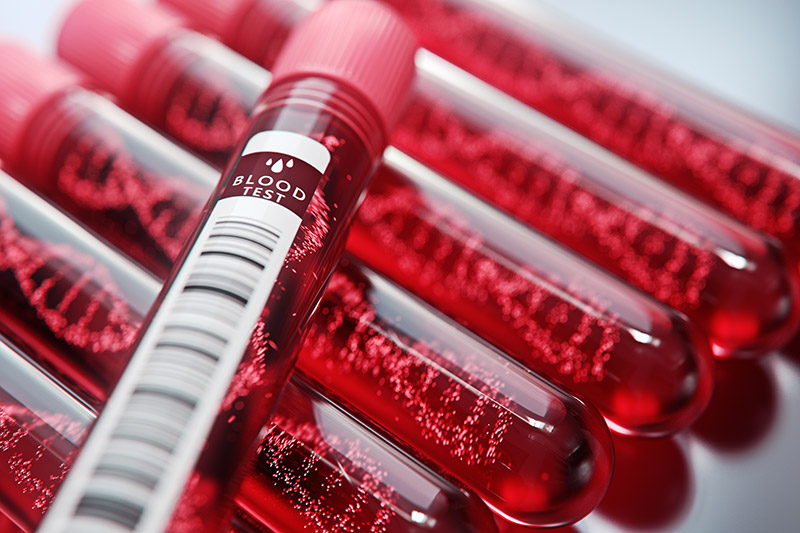- Home
- About Us
- Advanced Testing
- Nutrition & Self-Care
- Further Learning
- New Member Info
- Contact
Apo E is a critical protein that acts like a taxi for fats and cholesterol in our body, delivering vital nutrients that help form new cell membranes, hormones, and much more. We inherit one allele (one half) of the gene from each parent. Though each person has two Apo E numbers, people are typically categorized as a 2, 3, or 4.
Knowing a patient’s Apo E genotype allows the practitioner to individualize diet, lifestyle, and cholesterol lowering protocols in order to ultimately decrease the patient’s risk of cardiovascular and neurodegenerative disease. What is efficacious for one patient may not be beneficial for another, so this information allows for customizable treatment regimens.

This is the most common genotype, and is considered “normal” for lipid metabolism.
These patients tend to do well with healthy fats in their diet, and they tend to respond favorably to statin cholesterol medications. In addition, exercise can effectively help lower bad cholesterol in these patients.
Moderate alcohol (1 drink a day for women and 1-2 drinks a day for men) can have positive lipid benefits in these patients because it can increase HDL (the good cholesterol) and decrease LDL (the bad cholesterol). However, even small amounts of alcohol intake are correlated with other detrimental health effects (like increased risk of cancer), so we do not recommend patients drink alcohol for the purpose of improving cardiovascular health. 1 2
Apo E2’s seem to have the lowest cardiovascular risk of all (and lower levels of LDL cholesterol), though they can have a propensity for increased triglycerides, insulin resistance, and obesity.
A low fat diet is not recommended for these patients because this can increase sdLDL cholesterol (the smaller more dangerous cholesterol particles). Apo E2’s respond best to a diet higher in heart-healthy fats (30 - 35% fat) but lower in carbohydrates.
Moderate alcohol (1 drink a day for women and 1-2 drinks a day for men) can have positive lipid benefits in these patients because it can increase HDL (the good cholesterol) and decrease LDL (the bad cholesterol). However, even small amounts of alcohol intake are correlated with other detrimental health effects (like increased risk of cancer), so we do not recommend patients drink alcohol for the purpose of improving cardiovascular health. 1 2
Of all the different genotypes, exercise yields the greatest benefit for lowering lipids in these patients.
Of all the Apo E isoforms, Apo E4 confers the greatest health risks and treatment challenges. Apo E 4’s are associated with higher LDL cholesterol levels than other genotypes (due to increased uptake of cholesterol in the liver and increased absorption of cholesterol in the intestines), but unfortunately statin cholesterol medications do not work as well in these patients and exercise does not yield much of a lipid lowering benefit.
Apo E4 individuals can end up at higher risk of inflammation, oxidative stress, and atherosclerosis (plaque build up in the arteries) when poor lifestyle choices are made (diet, smoking, alcohol, etc). These patients often require more aggressive treatment at an early stage, and can require more comprehensive therapies (via lifestyle and medication) to prevent cardiovascular disease and cognitive dysfunction (Alzheimer’s).
If Apo E4 patients want to lower their LDL cholesterol with diet, they need to follow a low fat diet (<20% fat a day), especially low in saturated fats . . . and definitely NO trans fats. However, healthy omega 3 supplementation is still recommended in this population.
Alcohol should be avoided completely (or greatly limited) in these patients because it will decrease their HDL cholesterol, increase LDL cholesterol, and increase IL-6 levels (an inflammatory cytokine). 4
Apo E4’s typically have a diminished ability to detoxify well. Adequate supplementation with B6, B12, folate, and magnesium may be especially beneficial for these patients (which can help keep homocysteine levels down). Antioxidant and anti-inflammatory supplements like tumeric may also be worth considering.
Do something today for a better tomorrow!
Make an appointment now for advanced testing. We are here to help.